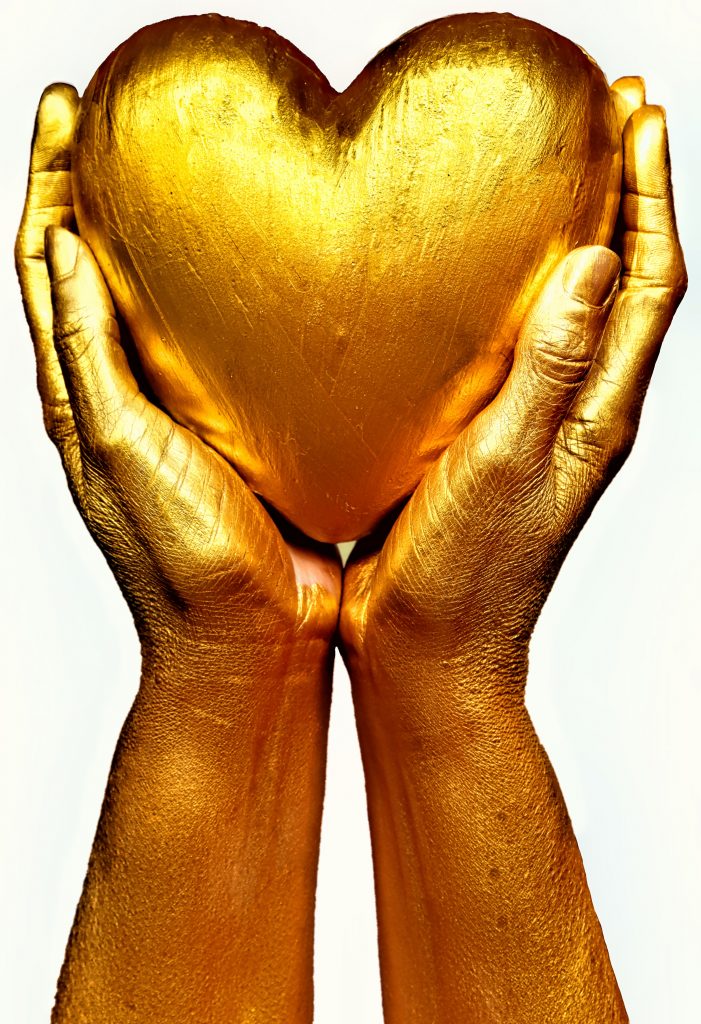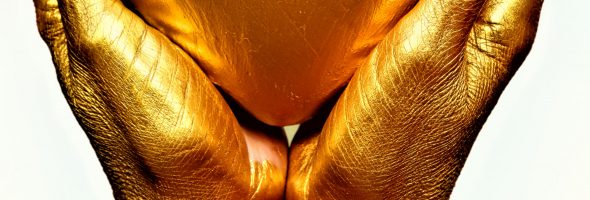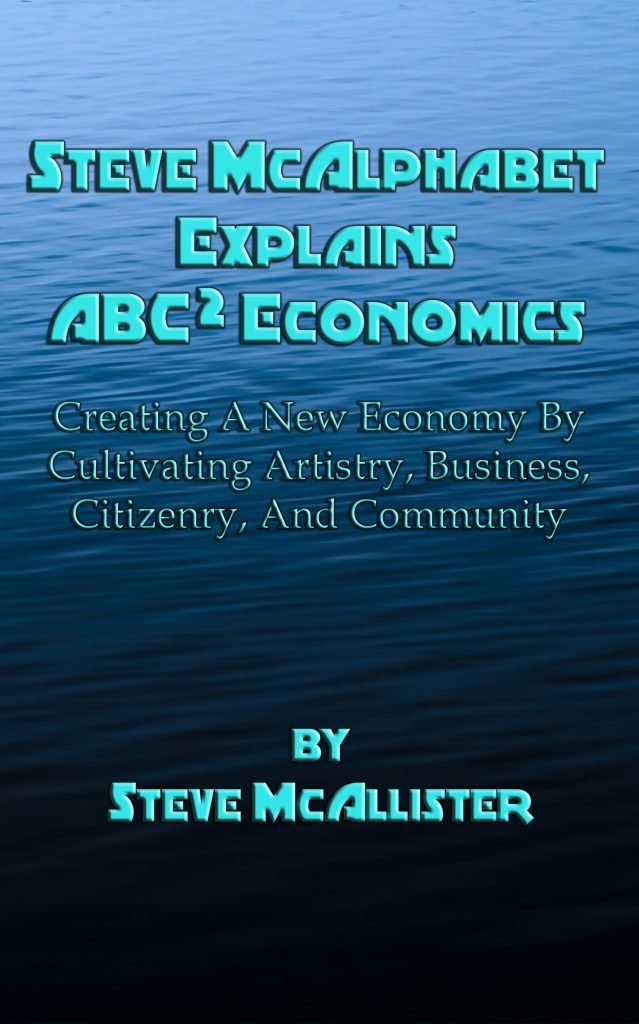“Any intelligent fool can make things bigger, more complex, and more violent. It takes a touch of genius — and a lot of courage to move in the opposite direction.”
– E.F. Schumacher
The Market Economy has a conundrum. It is built upon the use of money, which exists to serve as a proxy for trust since people cannot be trusted. Unfortunately, the Market Economy is operated largely by people and corporations that have proven themselves untrustworthy, and who continue to point out the untrustworthiness of others.
It’s a very challenging thing indeed to cultivate leadership in a system that is based on the notion of mistrust. While humanity has managed to pull it off in a variety of regards, it has not been without its fair share of environmental devastation, extreme poverty, violence, and war. However, considering that our civilization has largely been fixated on only about a quarter of what’s possible (if that), should we have enough faith in our species to give it a little more credit, and invest in our other assets, we may find more value than the market alone allows.
“The essential fact about humans is that they are multidimensional beings,” says Muhammad Yunus in Building Social Business: The New Kind of Capitalism That Serves Humanity’s Most Pressing Needs. “Their happiness comes from many sources, not just from making money. And yet economists have built their whole theory of business on the assumption that human beings do nothing in their economic lives besides pursue selfish interests. The theory concludes that the optimal result for society will occur when each individual’s search for selfish benefit is given free rein. This interpretation of human beings denies any role to other aspects of life—political, social, emotional, spiritual, environmental, and so on.”
“At the heart of twentieth-century economics stands the portrait of rational economic man,” explains Kate Raworth in Doughnut Economics, “he has told us that we are self-interested, isolated, calculating, fixed in taste and dominant over nature – and his portrait has shaped who we have become. But human nature is far richer than this, as early sketches of our new self-portrait reveal: we are social, interdependent, approximating, fluid in values and dependent upon the living world.”
What if we developed an economic system that could cultivate trust? What if we promoted greater transparency so that we would have nothing to hide? What if we realized that people, considering that they comprise the entirety of the human population, are more trustworthy than the Market Economy and its manipulative methods of disinformation have allowed us to believe?
“If the world were full of the self-seeking individuals found in economics textbooks,” clarifies award-winning economist Ha-Joon Chang in 23 Things They Don’t Tell You About Capitalism, “it would grind to a halt because we would be spending most of our time cheating, trying to catch the cheaters, and punishing the caught. The world works as it does only because people are not the totally self seeking agents that free-market economics believes them to be. We need to design an economic system that, while acknowledging that people are often selfish, exploits other human motives to the fullest and gets the best out of people. The likelihood is that, if we assume the worst about people, we will get the worst out of them.”
For a number of reasons, there is a mainstream distrust for humanity running throughout humanity. Although we’ve been encouraged to be very proud of our achievements, our countries, and the bustling civilization we contribute to, as a whole, we still don’t seem to think much of humans. The general, underlying sentiment is that humans are inherently lazy, selfish, and competitive, and they must be made to work or there will be trouble.
However, as Kate Raworth says in Doughnut Economics, “Homo sapiens, it turns out, is the most cooperative species on the planet, outperforming ants, hyenas, and even the naked mole-rat when it comes to living alongside those who are beyond our next of kin.”
What if we chose to start focusing on more of the good in humanity? What if we developed an economy that rewarded doing the right thing instead of disregarding it as is so often the case in in the Market Economy? What if we started recognizing people as more than just consumers?
“The human capacity to choose is perhaps the most distinctive characteristic of our nature,” says David Korten in Agenda For A New Economy. “What we are depends in substantial measure on what we choose to be – not just by our individual choices but also by how we shape the collective cultures and institutions that in turn shape our individual behavior.”
That is, after all, one of the benefits of living through this age of technological advancement and the capabilities it allows. Although we do get to explore the development of artificial intelligence, we also have the capacity to study human intelligence, not only cognitive intelligence, but our emotional, social, and environmental intelligence as well.
Kevin Kelly said in The Inevitable, “The funny thing about a whole class of technology that enhances experience and personalization is that it puts great pressure on us to know who we are.”
As we redevelop our economy, let’s give some thought to what we really want for humanity. Certainly, we’re smart enough to realize the limitations of only supporting the Market Economy. Let’s open up to the abundance that is truly our birthright, and recognize the wealth of the Core Economy, the Planetary Economy, and the Gift Economy.

This is an excerpt from the book Steve McAlphabet Explains ABC Squared Economics. Go to https://stevemc.xyz/books/steve-mcalphabet-explains-abc-squared-economics/ to find out more.


